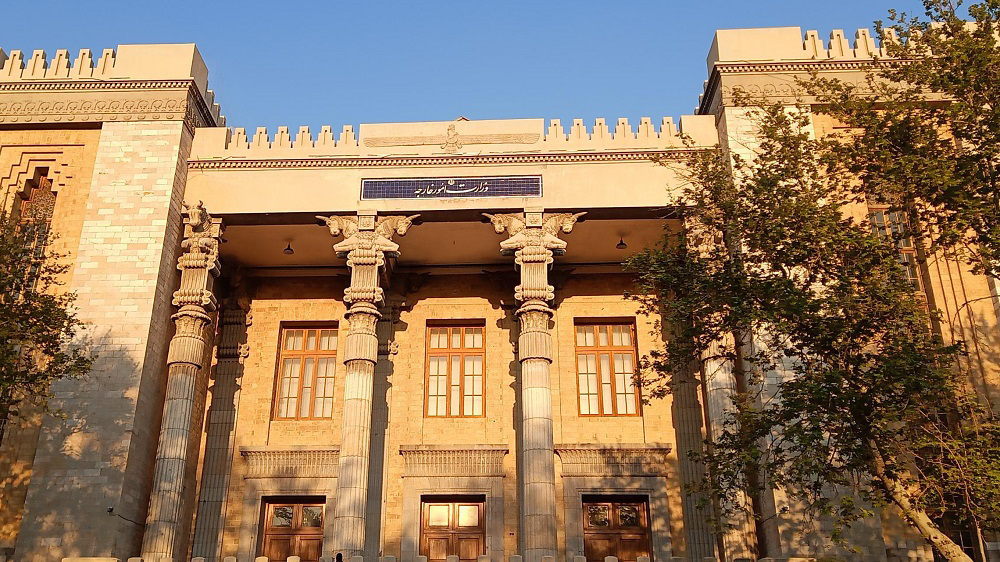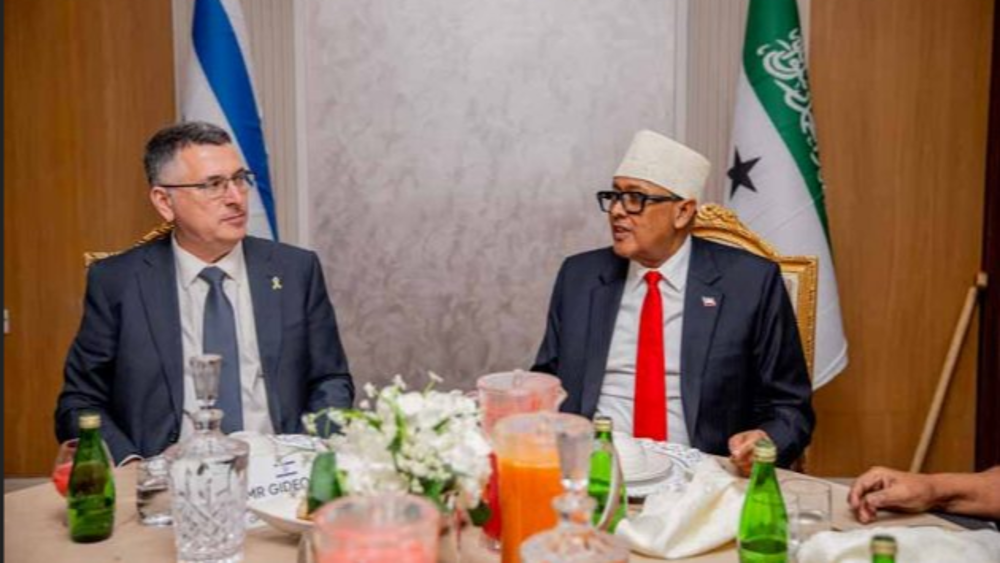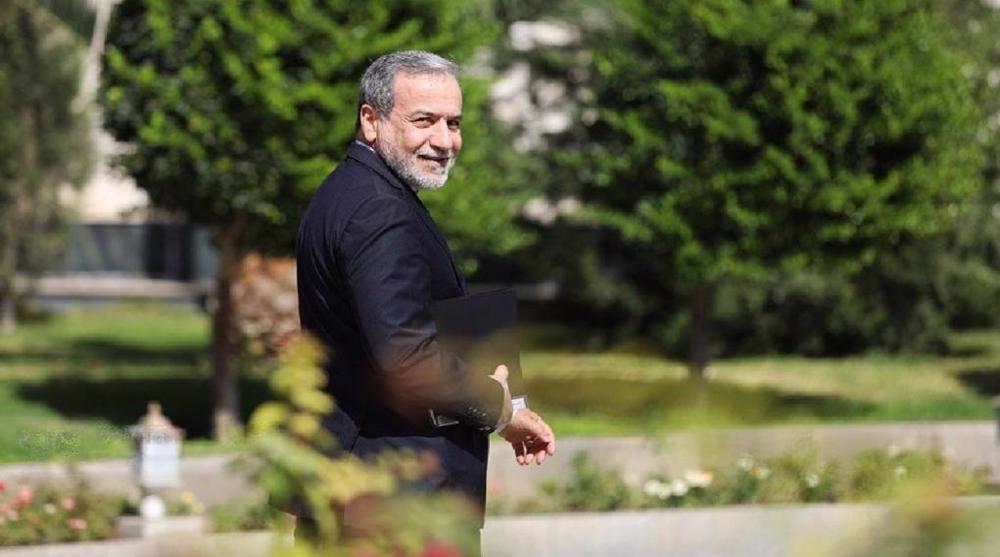Hemmati, Mehr-Alizadeh competing to secure Reformist support?
Media affiliated with Iran’s Principlist camp say an unspoken competition has been underway between Nasser Hemmati and Mohsen Mehr-Alizadeh, two presidential candidates associated with the Reformists, to rally the support of Reformist leaders, although the top figures of the political faction have kept silent and the main Reformist bloc has officially said it has no representative in the June 18 election.
In a new analysis piece published on Monday, Fars news agency said Hemmati and Mehr-Alizadeh had “clearly been making efforts to attract the attention of the heads of the Reformist current and Reformist factions so that they can secure their [official] support” for their presidential bids.
Mehr-Alizadeh served as vice president and head of the National Sports Organization of Iran under Seyyed Mohammad Khatami, the country’s first Reformist president and the faction’s current leader.
Hemmati, a member of the Executives of Construction of Iran Party, also served as governor of the Central Bank of Iran (CBI) under President Hassan Rouhani, a Moderate close to the Reformist bloc, until May 30.
Other Reformist figures had also signed up to join the race, but they were found unqualified to join the race by the Constitutional Council, the vetting body that supervises elections. The most notable among them was Vice President Es’haq Jahangiri, whom the Reformists had groomed as their top choice for the presidency.
Reformist factions argue that the disqualification of their main candidate would clear the battlefield for Ebrahim Raeisi, the chief of the Iranian Judiciary and the preferred candidate of the Principlist camp, to run unrivaled.
Annoyed by Janahgiri’s disqualification, Iran’s Reform Front — the main Reformist bloc in the country — said in a statement on May 26 that it had no candidate in the 2021 presidential election, signaling that Mehr-Alizadeh and Hemmati did not represent the Reformists.
The statement gave rise to speculation that the two candidates might choose to quit the presidential race in support of the Reformists, but the pair chose to stay.
Fars said while the “radical” streak in the Reformist faction had been trying to push fellow Reformists toward “boycotting” the election, those with moderate views had still been insisting on participation in the crucial vote.
In the meantime, Fars said, “the two remaining [Reformist] candidates have been at work to gain the trust of the Reformists during campaigning for the election.”
It added that Mehr-Alizadeh had, over the past days, “taken rather harsh positions” against the Principlists on different platforms, especially Twitter, in what some observers view as an attempt at catching the Reformist camp’s attention.
In a sign of internal divergence of opinion, Ali Soufi, the secretary-general of Iran’s Reformist Progressive Party, recently cast doubt at the prospect of the Reformist camp coming out in support of Mehr-Alizadeh and said he saw Hemmati as a better option.
Some analysts, according to Fars, compare Mehr-Alizadeh to politician Mohammad-Reza Aref, who unsuccessfully ran for president in 2017 on a Reformist ticket but was ultimately said to have been convinced to drop out in favor of Rouhani, who won the election.
Shortly after the seven-member list of candidates was released on May 25, Mehr-Alizadeh took to Twitter to tacitly criticize the disqualification of Jahangiri and other prominent Reformist figures.
“Reformism is alive as long as Iran is alive,” he wrote, listing the names of the five fellow Reformists in hashtags.
On Monday, it was reported that Mehr-Alizadeh had written to Behzad Nabavi, the chief of Iran’s Reform Front, saying he would like to be given “an opportunity to participate in and present my plans at the meeting of the general assembly of the respected Front.”
It was unclear if he had received a reply, but other unconfirmed reports said later in the day that he had held a meeting with Khatami, without offering more details.
In turn, Hemmati also appeared to be trying to get the better of Mehr-Alizadeh during a Clubhouse discussion on the weekend, during which he presented his views on a set of subjects that have been at the center of a dispute between the Reformists and the Principlists, including diplomacy and foreign policy, the 2015 nuclear deal, Financial Action Task Force (FATF) bills, the country’s stock market and foreign exchange issues.
Like Mehr-Alizadeh, Hemmati has used Twitter and other social media platforms to advertise his views, which have apparently appealed to the Reformists, with reports in Iranian media claiming that a number of Reformist parties have offered to assist the presidential candidate’s campaign.
Iran’s presidential election will be held on June 18. Hemmati and Mehr-Alizadeh are contesting the race along with five other candidates, all of them affiliated with the Principlist camp.
VIDEO | Press TV's news headlines
Trump floats ‘Dream Military’ fueled by record $1.5-trillion budget
Iran: US interventionism aimed at inciting violence, terrorism
VIDEO | Tunisian parties denounce Trump’s foreign policy as violation of intl. law
Trump’s immigration crackdown turns deadly; president says killer acted in ‘self-defense’
VIDEO | Trump renews highly aggressive rhetoric towards Iran
VIDEO | Transatlantic tensions: Greenland
VIDEO | Yemen’s Saudi-backed government expands control amid coalition strikes on separatists











 This makes it easy to access the Press TV website
This makes it easy to access the Press TV website